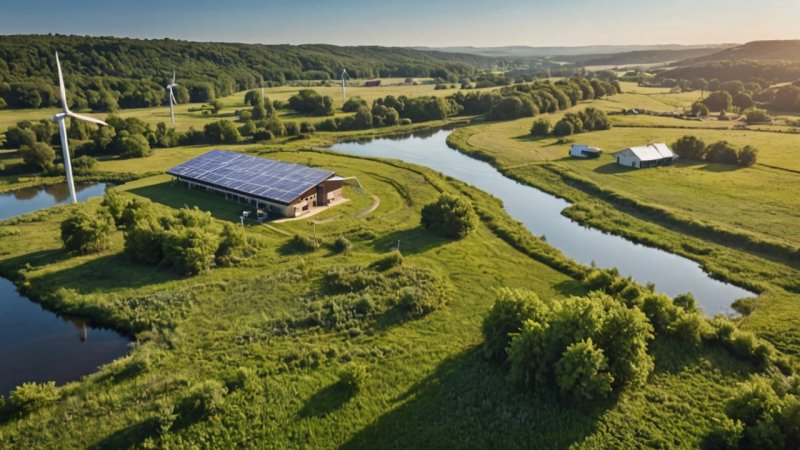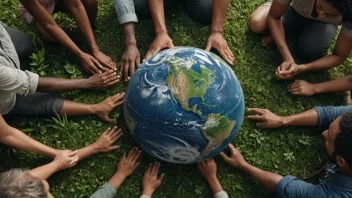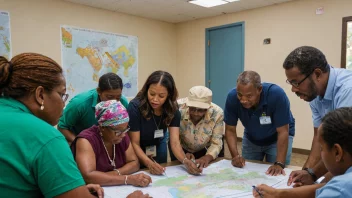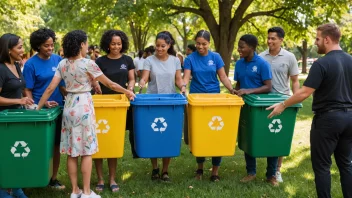As we enter 2024, the urgency for effective environmental protection strategies has never been more critical. Climate change, biodiversity loss, and pollution pose significant threats to our planet and its inhabitants. Individuals, communities, and governments must take proactive measures to safeguard the environment. This article explores the top environmental protection strategies that can make a difference in the coming year.
One of the most effective strategies is renewable energy adoption. Transitioning from fossil fuels to renewable energy sources such as solar, wind, and hydroelectric power can drastically reduce greenhouse gas emissions. Communities can invest in local renewable energy projects, encouraging individuals to utilize solar panels on their homes, thereby promoting energy independence and sustainability.
Another crucial strategy is enhancing biodiversity conservation. Protecting natural habitats and wildlife is essential for maintaining ecological balance. Initiatives such as establishing protected areas, restoring degraded ecosystems, and implementing sustainable land use practices can help preserve biodiversity. Community-led conservation efforts can empower individuals to play a role in protecting local flora and fauna.
Sustainable agriculture is also a key component of environmental protection. By adopting practices such as crop rotation, organic farming, and permaculture, farmers can reduce their reliance on chemical fertilizers and pesticides, which harm the environment. Supporting local farmers who prioritize sustainability can help communities benefit from healthier food options while promoting responsible land stewardship.
Moreover, waste reduction and recycling initiatives can significantly contribute to environmental protection. Individuals can practice the 3Rs: Reduce, Reuse, and Recycle. Communities can implement programs that encourage waste segregation at the source, facilitate recycling, and promote composting. Educating the public about the importance of minimizing waste can lead to long-term behavioral changes.
Water conservation is another critical strategy. With water scarcity becoming a pressing issue globally, adopting water-saving practices is essential. Simple measures such as fixing leaks, using water-efficient appliances, and implementing rainwater harvesting systems can help conserve this precious resource. Communities can organize workshops to raise awareness about water conservation techniques.
Finally, promoting environmental education is vital for fostering a culture of sustainability. Schools and community organizations should prioritize environmental literacy by integrating sustainability topics into their curricula. Educating the public about the importance of environmental protection can inspire future generations to take action and advocate for a healthier planet.
In conclusion, 2024 presents an opportunity for individuals and communities to adopt impactful environmental protection strategies. By embracing renewable energy, enhancing biodiversity, supporting sustainable agriculture, reducing waste, conserving water, and promoting environmental education, we can collectively make a difference. Every action counts, and together, we can create a more sustainable future for our planet.






